Have You Been Drinking Water the Right Way?
Water, as the main chemical composition of the human body, accounts for approximately 50% to 70% of body weight. It plays a key role in maintaining the health of our body and the basic function of every cell and organ. So it’s important for us to get enough water every day. Drinking water seems like a simple task that doesn’t require too much thought, right? However, many of us drink water in the wrong way. Let’s take a look at how to drink water correctly to stay healthy.
Why is water essential for us?
1. Maintaining body fluid balance
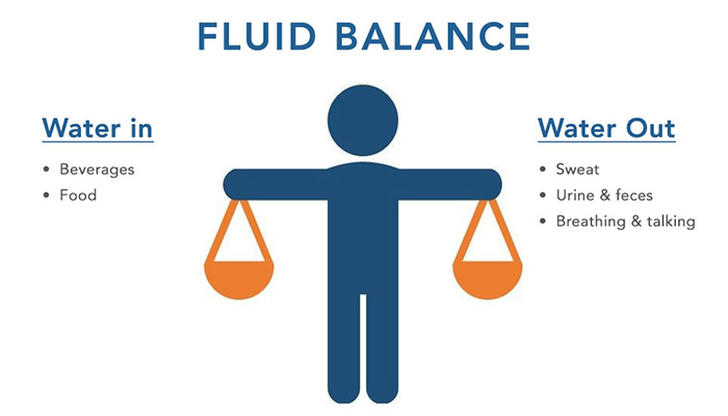
Water, as the source of life, plays a vital role in basic body functions like digestion, circulation, nutrient delivery, and temperature regulation. Adequate hydration ensures the balance of essential bodily fluids, which is necessary to ensure the normal metabolism of human cells, says the expert.
2. Controlling calories
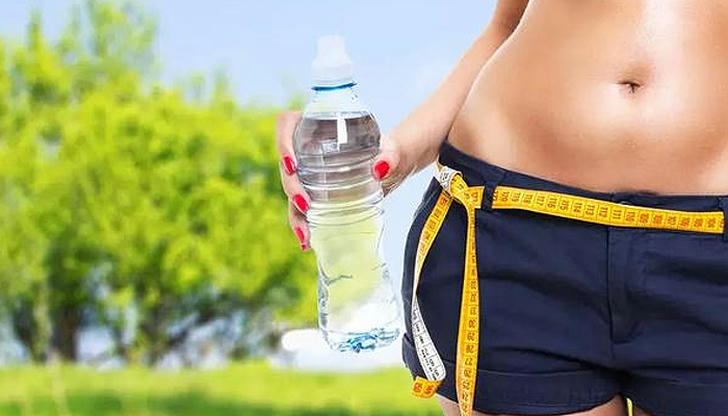
Yes, drinking more water can help with weight loss. Water serves as a calorie-free alternative to sugary beverages. According to Melina Jampolis, a nutrition expert, thirst caused by mild dehydration is often mistaken for hunger by the brain. Drinking water before meals can reduce appetite and create a sense of satiety, potentially reducing overall calorie intake and supporting weight management.
3. Activating muscles
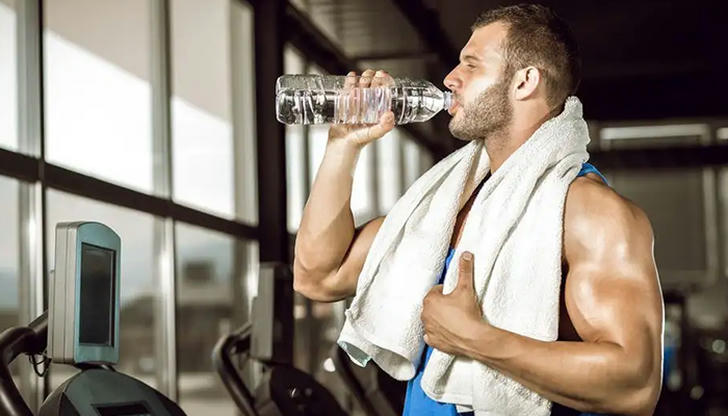
Proper fluid balance is crucial for muscle function. Dehydration can lead to muscle fatigue and diminished endurance during physical activities. Staying hydrated significantly improves the body’s fat metabolism, fatty acid, and other waste metabolism, maintaining muscle energy and performance. The body lubrication and overall coordination will be better.
4. Preserving skin health

The skin contains a significant amount of water, acting as a protective barrier against fluid loss. Adequate hydration helps keep the skin moisturized, maintaining elasticity, suppleness, and a healthy appearance. Dehydration can cause dry, tight, and flaky skin, as well as fine lines and wrinkles.
5. Supporting digestion and nutrient absorption
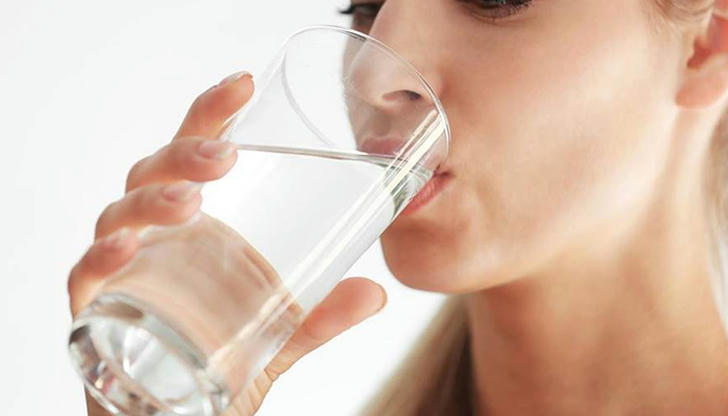
Hydration is essential for healthy digestion. Water helps break down food so your body can absorb nutrients. It is also important in maintaining the health of the lining of your digestive tract. Additionally, water helps prevent constipation by softening stools and helping move eaten food through the intestines.
6. Helping brain function
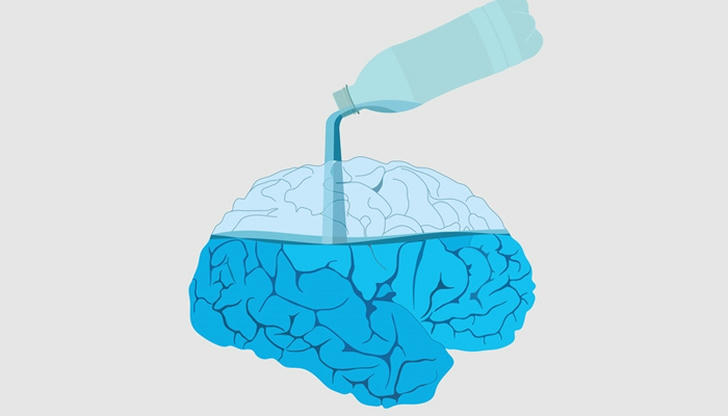
The brain is approximately 75% water, making it particularly sensitive to hydration status. Mild dehydration can affect various aspects of brain function, including alertness, concentration, and short-term memory. It can also have a negative impact on mood, causing headaches, anxiety, and fatigue. On the other hand, staying properly hydrated can help prevent migraines, improve mood, increase feelings of calmness and contentment, and increase overall well-being.
How to drink water correctly?
1. Lukewarm water is the best
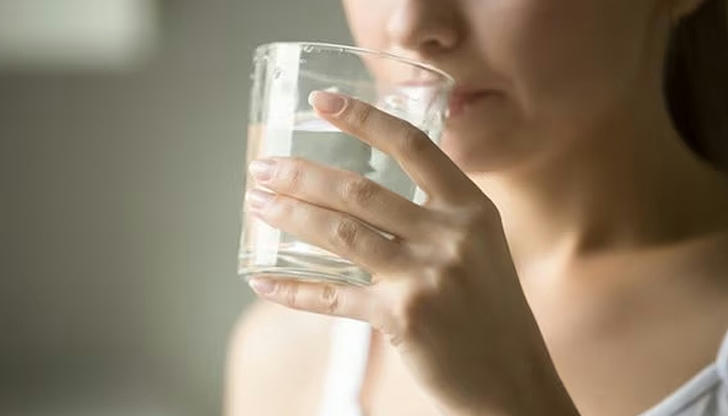
It’s crucial to drink water at the correct temperature. Warm or hot water actually could be absorbed deeper into your tissues more easily. Warm water cleanses and detoxifies your body better than cold water. Ice cold water is an absolute disaster for your health as it can give you cold or cough problems and can also dampen your digestion. Warm water promotes digestion while cold water hinders it.
2. Sit down and drink water in peace

Drinking water standing up can disrupt the balance of body fluids. You may accumulate unwanted excess fluid in your body if you drink while standing up, which can often lead to arthritis. It also scours the stomach wall. Over time, it will damage the weaker stomach, affect the digestion and absorption of minerals, and be a burden to your body. So drink water while sitting down.
3. Sip a little and drink slowly
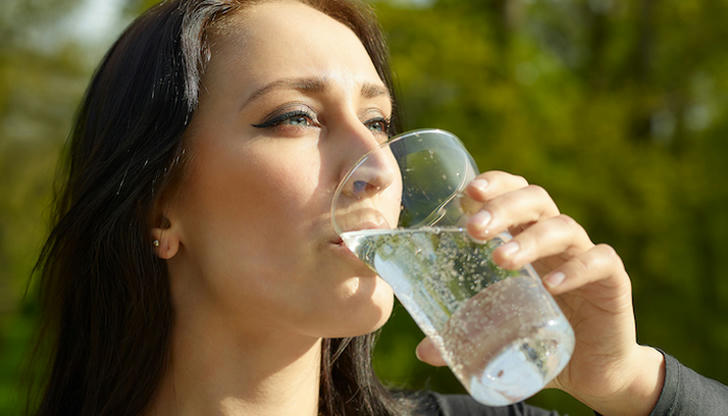
What would you do when you are thirsty? Gulping down a gallon of water in a second? No! The thirstier you are, the more slowly you have to drink in small sips. Drinking a large amount of water at one time will increase the burden on the stomach. If a lot of labor and exercise are required after drinking water, gastroptosis will easily occur. It is better to take a small sip than a large gulp.
4. Start your day with early morning water

In the morning, the blood pressure and blood viscosity are the highest of the day. A glass of warm water helps your blood circulation, reduces blood viscosity, and prevents cardiovascular and cerebrovascular diseases. In addition, a lot of water has been lost in the body after a full night’s sleep, and the human body is in a state of dehydration. A glass of warm water can promptly replenish the water lost the night before and flush out the toxins that have accumulated overnight to get you ready for the day!
5. Avoid water while eating

Drinking water while eating is not good for your health. You can have large amounts of water at least an hour before and after meal times but not during the meals. Having too much water near your meal times can dilute the digestive acids and mess up the proper digestion of foods. You can take a sip or two at most during your meals if you must drink water.
6. Don’t overdo
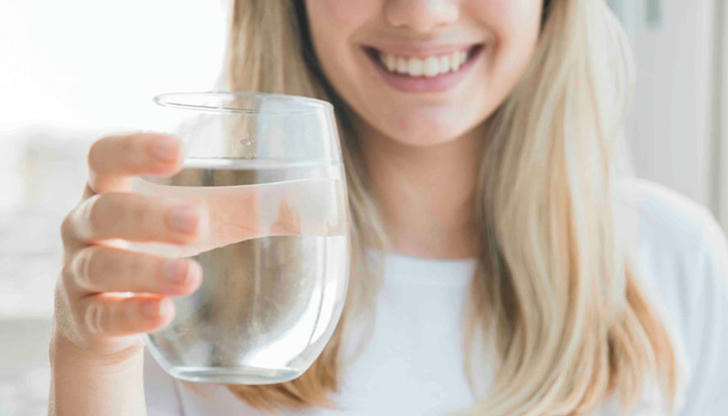
Excessive drinking water could ruin your health. It can cause water retention in your body and cause edema, especially in areas such as the lower limbs and eyes. It could also dilute electrolytes in the body, leading to electrolyte imbalance, which may cause muscle weakness, twitching, irregular heartbeat and other symptoms. In addition, excessive drinking water may increase urine production and lead to an increased risk of urinary tract infections.
